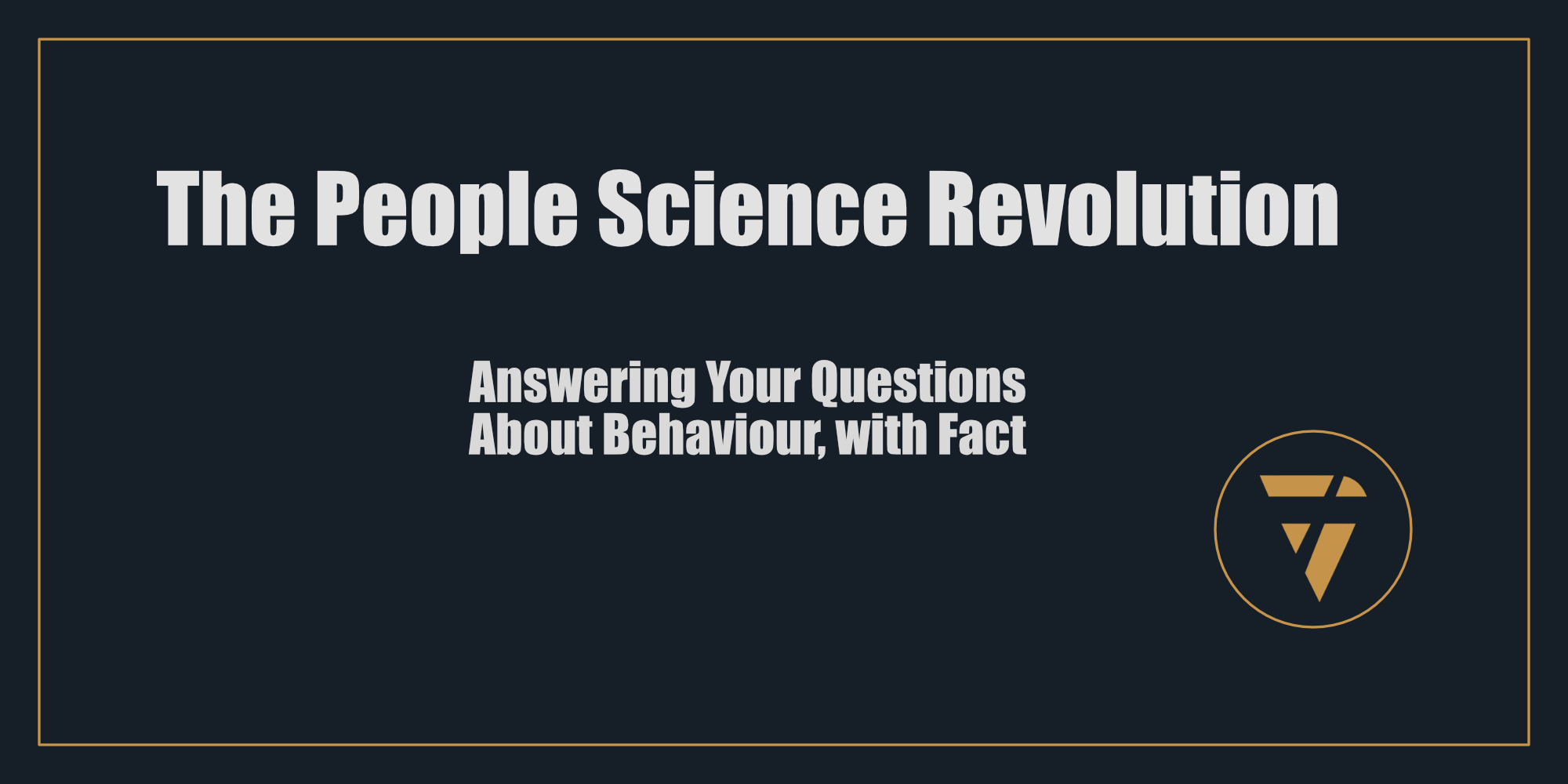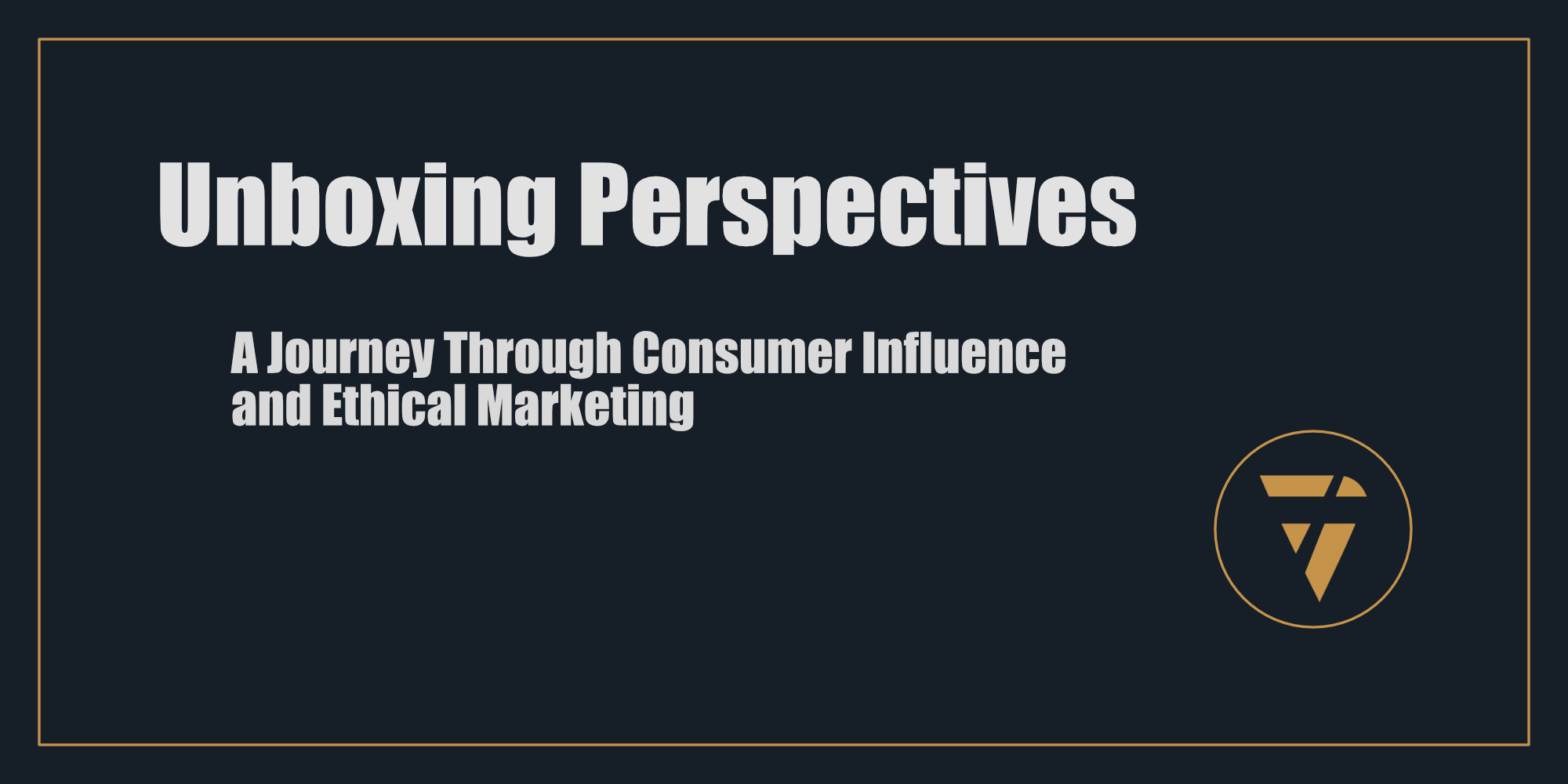The People Science Revolution
Answering Your Questions About People, with Fact

The Myth of the Alpha Male
Picture this: the "alpha male," a cultural archetype that dominates self-help books, corporate advice, and social media soundbites. Aggressive, domineering, and relentless, a lone wolf leading the pack. It’s a story told over and over again, shaping how people see leadership, relationships, and success.
But here’s the truth: it’s all nonsense.
The original "alpha male" theory came from a study of wolves in captivity, where the most aggressive and isolated wolf was mis-characterized as the leader. Years later, the same scientist, David Mech, debunked his own findings, showing that wolf packs in the wild function as co-operative family units, not as hierarchical battlegrounds. The alpha male myth wasn’t just wrong; it was a complete mis-representation of reality.
Yet, this false narrative persists, influencing how people behave and how they perceive others. It’s a striking example of what happens when pseudoscience shapes our understanding of human (or animal) behaviour.
This is why The People Science Revolution matters.
From Fiction to Fact: The Power of Real Understanding
The world is full of myths, oversimplifications, and outright falsehoods about human behaviour. We’re told men are natural leaders, women are more empathetic, and successful people are ruthless by necessity. These narratives shape how we think, act, and interact, but they often have no basis in fact.
What if you could access real, evidence-based insights into human behaviour instead? What if the questions you have about people—how they think, feel, and function—were answered not with catchy slogans, but with scientific truth?
That’s what The People Science Inquiry Platform is all about: empowering everyone with access to real data about human behaviour, presented in ways that are practical, functional, and beneficial for daily life.
Why It Matters to You
Human behaviour drives everything. From how we build relationships to how we lead teams, from navigating conflicts to fostering innovation, understanding people is the key to success. But too often, the tools we use are broken. We rely on clichés like the "alpha male" or vague advice from self-proclaimed gurus, instead of looking to decades of rigorous research conducted by social scientists.
The People Science Revolution aims to change that. Here’s what we offer:
- Real Data for Real Life: Practical, evidence-based insights on topics like motivation, leadership, politics, business, and relationships.
- Accessible Expertise: Connect directly with social scientists who can answer your questions, breaking down complex research into actionable advice.
- Functional Understanding: Tools and resources that let you apply these insights to solve real-world problems, whether at work, home, or in your community.
Why the Alpha Male Myth Persists—and How We Can Do Better
The alpha male myth persists because it’s simple, catchy, and convenient. It offers a quick explanation for success: be aggressive, take charge, dominate. But life is more complex than a single narrative, and behaviour doesn’t boil down to one-size-fits-all advice.
Real science tells a different story:
- Success in leadership often comes from collaboration, emotional intelligence, and adaptability—not dominance.
- Healthy relationships thrive on mutual respect, empathy, and communication—not power struggles.
- Communities succeed when individuals work together and support each other—not when the strongest prevails.
The truth is, understanding people isn’t about fitting into a myth; it’s about embracing the complexity of human behaviour. And with the right insights, you can make decisions that benefit yourself and those around you.
The Revolution Starts Here
The People Science Inquiry Platform is your gateway to this new way of thinking. It’s a space where you can ask the questions that matter to you—about relationships, work, culture, or anything else—and get answers rooted in fact, not fiction.
- Individuals: Learn how to build stronger relationships, overcome challenges, and grow personally.
- Businesses: Unlock strategies for better leadership, employee engagement, and customer understanding.
- Educators and NGOs: Use evidence-based insights to design programs that inspire and uplift communities.
This isn’t about creating a hierarchy of knowledge; it’s about making knowledge accessible to everyone.
What’s Next?
It starts with a question: What have you always wanted to know about people?
- Why do we procrastinate?
- How do we build trust?
- What really drives creativity?
- How do we actually make decisions?
- Do we really think what we think because we think it?
Ask the question, and the answers will come—not as myths or anecdotes, but as facts you can trust and use.
The People Science Revolution isn’t just about understanding behaviour. It’s about transforming lives, work, and communities by putting real insights into your hands. It’s about replacing the myths we cling to, with truths that empower us all.
Join us. Ask better questions. Get real answers.
Ready to Start?
Let’s replace fiction with fact, one question at a time.
- Subscribe to stay informed.
- Ask your first question and see the difference.
- Share the thinking with someone who needs it.
Together, we’ll create a world where knowledge about people isn’t locked away—it’s shared, understood, and used to make life better for everyone.
This Substack is reader-supported. To receive new posts and support my work, consider becoming a free or paid subscriber.
This is what I’m working on. Tell me what you think, I enjoy the conversation! Subscribe and follow the work in real time.
Thanks!
B
Social science isn’t just for academics. It’s for everyone who wants to make smarter decisions about people. Start asking better questions today.
PS -
For more reading on behavioural modeling in marketing, please read:






